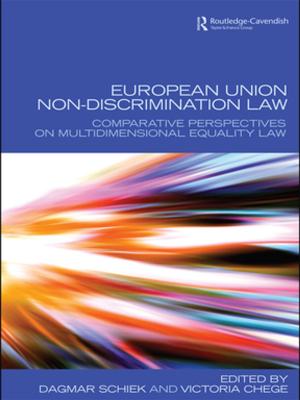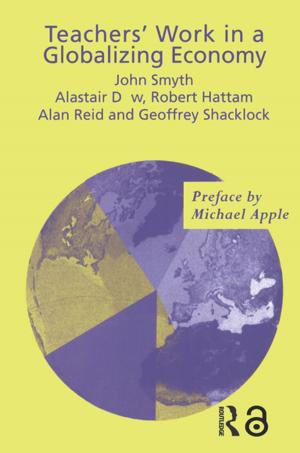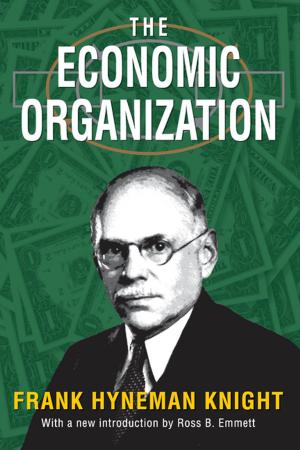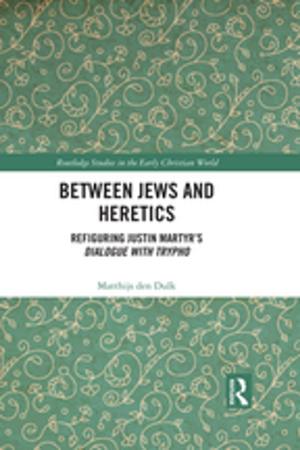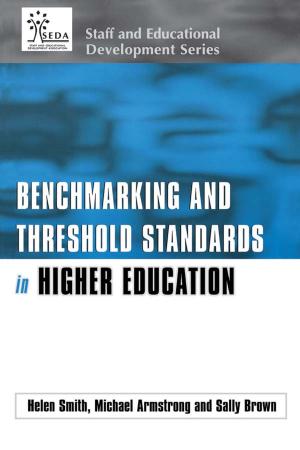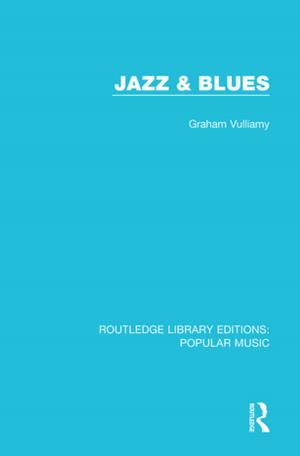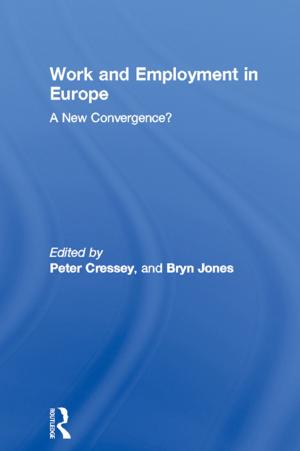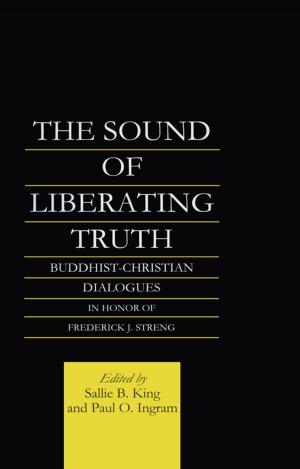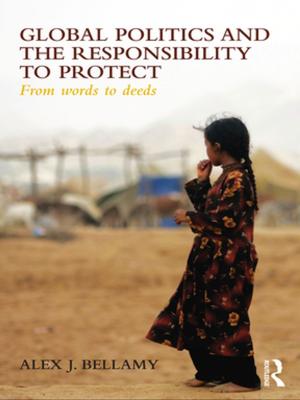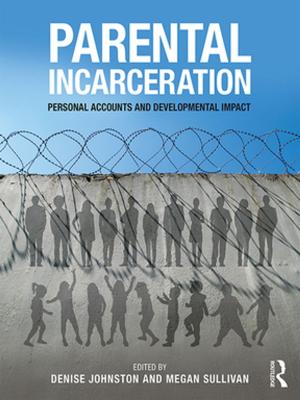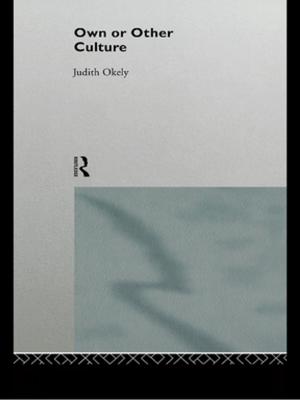God and the EU
Retrieving the Christian Inspirations of the European Project
Nonfiction, Social & Cultural Studies, Political Science| Author: | ISBN: | 9781317439202 | |
| Publisher: | Taylor and Francis | Publication: | December 14, 2015 |
| Imprint: | Routledge | Language: | English |
| Author: | |
| ISBN: | 9781317439202 |
| Publisher: | Taylor and Francis |
| Publication: | December 14, 2015 |
| Imprint: | Routledge |
| Language: | English |
The current political, economic and financial crises facing the EU reveal a deeper cultural, indeed spiritual, malaise – a crisis in ‘the soul of Europe’. Many observers are concluding that the ‘soul of Europe’ cannot be restored to health without a new appreciation of the contribution of religion to its past and future, and especially that of its hugely important but widely neglected Christian heritage, which is alive today even amidst advancing European secularization.
This book offers a fresh, constructive and critical understanding of Christian contributions to the origin and development of the EU from a variety of theological and national perspectives. It explains the Christian origins of the EU, documents the various ways in which it has been both affirmed and critiqued from diverse theological perspectives, offers expert, theologically-informed assessments of four illustrative policy areas of the EU (trade, finance, environment, science), and also reports on the place of religion in the EU, including how religious freedom is framed and how contemporary religious (including Muslim) actors relate to EU institutions and vice versa.
The book fills a major gap in the current debate about the future of the European project and will be of interest to students and scholars of religion, politics and European studies.
The current political, economic and financial crises facing the EU reveal a deeper cultural, indeed spiritual, malaise – a crisis in ‘the soul of Europe’. Many observers are concluding that the ‘soul of Europe’ cannot be restored to health without a new appreciation of the contribution of religion to its past and future, and especially that of its hugely important but widely neglected Christian heritage, which is alive today even amidst advancing European secularization.
This book offers a fresh, constructive and critical understanding of Christian contributions to the origin and development of the EU from a variety of theological and national perspectives. It explains the Christian origins of the EU, documents the various ways in which it has been both affirmed and critiqued from diverse theological perspectives, offers expert, theologically-informed assessments of four illustrative policy areas of the EU (trade, finance, environment, science), and also reports on the place of religion in the EU, including how religious freedom is framed and how contemporary religious (including Muslim) actors relate to EU institutions and vice versa.
The book fills a major gap in the current debate about the future of the European project and will be of interest to students and scholars of religion, politics and European studies.


